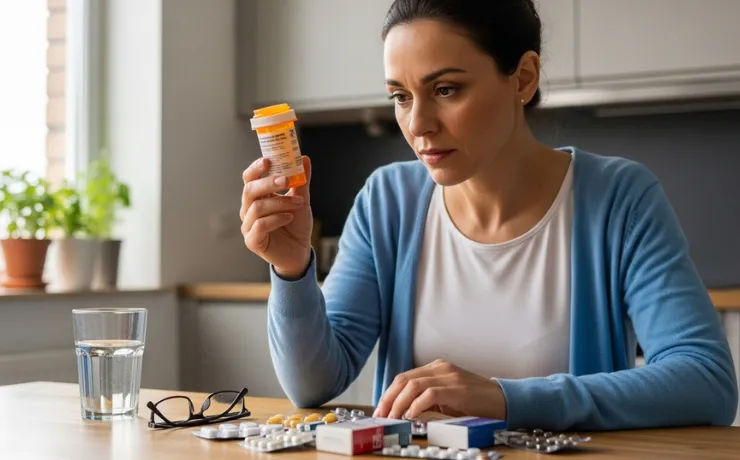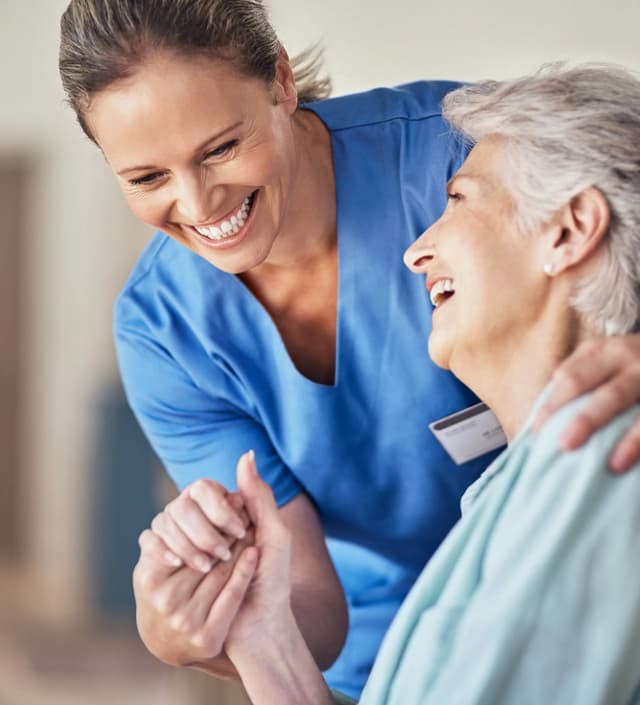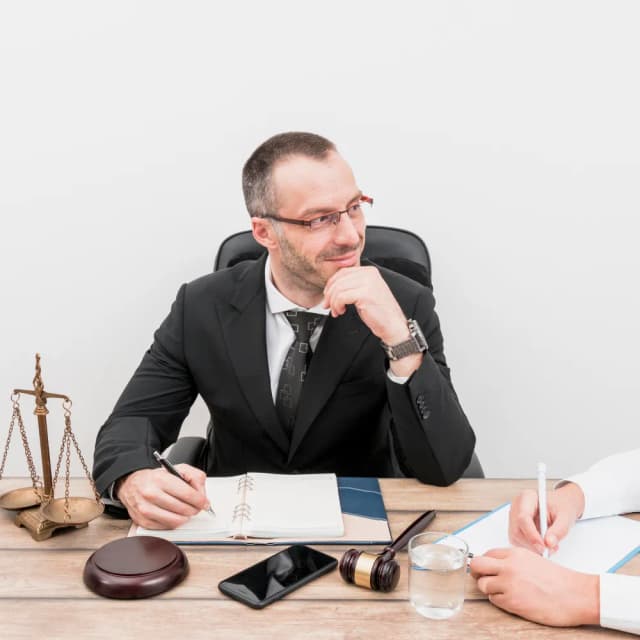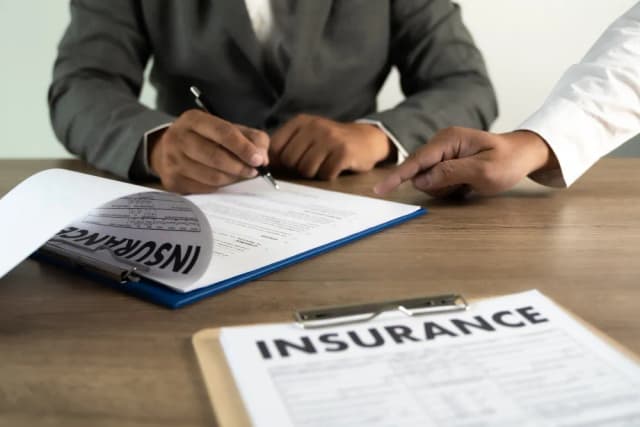Why You Should Never Share Prescription Medications

In today’s busy world, it’s not uncommon for someone to say, “I have something that might help you—just take one of mine.” While that may sound like a kind gesture, sharing prescription medications is never safe.
Every medication is prescribed based on an individual’s medical history, current conditions, and potential interactions. Using someone else’s prescription—even if it seems similar—can lead to serious health risks, legal consequences, and ineffective treatment.
At Farmington Drugs, we believe that patient safety starts with understanding how prescriptions work and why they should only be used under professional guidance.
Why People Share Medications
Many people share prescriptions with good intentions, often without realizing the potential dangers. Common reasons include:
-
Convenience: Borrowing a medication for quick relief instead of visiting a doctor
-
Cost: Trying to avoid the expense of a new prescription
-
Assumptions: Believing two people with similar symptoms need the same treatment
-
Trust: Sharing between family members or close friends who think it’s safe
While these reasons might seem understandable, they can cause harm and even worsen health outcomes.
Why Sharing Prescription Medications Is Dangerous
1. Incorrect Dosage
Medications are prescribed in specific doses based on age, weight, and overall health. Taking a medication meant for someone else can lead to overdosing or underdosing, both of which can be harmful.
-
Too much: May cause toxicity or severe side effects
-
Too little: May fail to treat the condition effectively, allowing it to worsen
2. Wrong Diagnosis
Just because two people share similar symptoms doesn’t mean they have the same condition. For example, headaches or stomach pain can result from dozens of different causes. Taking a medication without a proper diagnosis can mask symptoms and delay appropriate treatment.
3. Dangerous Drug Interactions
Prescription medications can interact with other drugs, over-the-counter products, or supplements. Without a pharmacist or doctor reviewing your full medication list, there’s no way to ensure safety.
These interactions can lead to:
-
Reduced medication effectiveness
-
Increased side effects
-
Serious or even life-threatening reactions
4. Allergic Reactions and Health Risks
Medications that work safely for one person might cause allergic or adverse reactions in another. Without knowing your medical history, it’s impossible to predict how your body will respond.
Even seemingly minor reactions—like rashes, dizziness, or nausea—can become serious without professional evaluation.
5. Legal Consequences
Sharing prescription medication is not only unsafe—it’s also illegal. Prescription drugs are regulated substances, and giving them to another person violates federal and state laws.
-
You can be held responsible for any harm caused by the shared medication
-
Certain medications (especially controlled substances) have strict distribution regulations
It’s important to store your medications safely and never share them under any circumstances.
6. Missed Professional Guidance
When you receive a prescription, your pharmacist provides essential counseling on:
-
How to take the medication properly
-
What side effects to watch for
-
What foods or activities to avoid
If someone takes a medication that wasn’t prescribed to them, they miss out on that expert advice—and may misuse the drug without realizing it.
The Pharmacist’s Role in Medication Safety
Pharmacists are medication experts who ensure prescriptions are used safely and effectively. At Farmington Drugs, our pharmacists can:
-
Review your medications to prevent harmful interactions
-
Explain safe use and proper dosage for each prescription
-
Answer questions about side effects or missed doses
-
Recommend over-the-counter alternatives when appropriate
-
Coordinate with your doctor to adjust or refill prescriptions safely
If you ever run out of a medication or lose a dose, contact your pharmacist before taking anyone else’s. There may be a safe alternative or an emergency supply option available.
What to Do If You’ve Shared or Taken Someone Else’s Medication
If you’ve already shared or taken a prescription that wasn’t yours, take the following steps immediately:
-
Stop taking the medication.
-
Call your pharmacist or doctor to report what you took and when.
-
Monitor for side effects like dizziness, nausea, or breathing changes.
-
Bring the medication label to your healthcare provider so they can identify the substance and its strength.
Your pharmacist can help assess potential interactions and guide you on the safest next steps.
How to Prevent Medication Sharing
Here are practical steps to prevent accidental or intentional sharing:
-
Store medications securely: Keep them in a designated cabinet out of reach of others.
-
Educate family members: Explain the risks of sharing medications, especially to teens or elderly relatives.
-
Dispose of old prescriptions: Bring unused medications to a pharmacy disposal site.
-
Label clearly: Use original containers with your name and dosage instructions.
-
Consult your pharmacist: Before using any leftover or borrowed medication, always ask for professional advice.
When to Seek Medical Attention
If someone accidentally takes another person’s prescription, contact a healthcare provider or Poison Control immediately—especially if the medication causes unusual symptoms such as:
-
Severe drowsiness or confusion
-
Shortness of breath
-
Rapid heartbeat
-
Rash, swelling, or difficulty breathing
Prompt action can prevent complications and ensure the person receives appropriate care.
Final Thoughts
While it might seem harmless to share a prescription with someone who needs quick relief, it’s a practice that can lead to serious health risks, ineffective treatment, and legal issues. Every prescription is written for a specific person, dosage, and condition—making it unsafe to use without professional oversight.
At Farmington Drugs, our pharmacists are here to help you understand your medications, answer your questions, and ensure you receive the safest, most effective treatment possible. Never share prescriptions—ask your pharmacist for advice instead.
Your health and safety depend on it.





